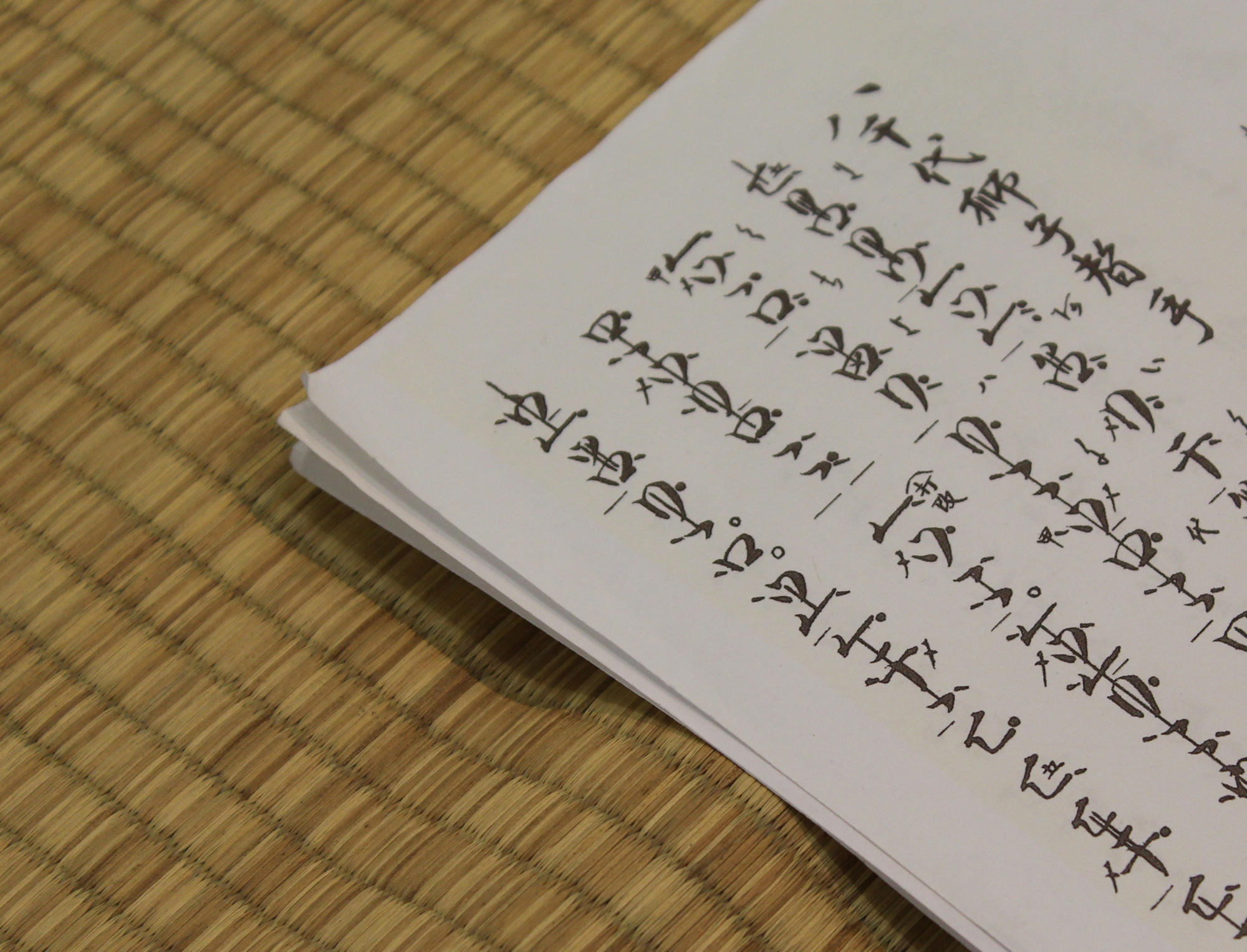When a partner attorney at Uryu & Itoga, the law firm where I work as paralegal, recommended to me to go to Temple Law School (Japan campus) to earn an LL.M. degree in U.S. law, I was overjoyed and literally grabbed the chance. Studying at a U.S. law school and earning an LL.M. degree had been my dream for as long as I could remember. My father was one of the earliest Japanese legal professionals to earn an LL.M. degree at a U.S. law school in recent Japanese history. He studied at Michigan Law School in the early 1970s, and while Mitsui & Co. is presently known as one of the major international Japanese trading companies to dispatch legal personnel overseas, he was the first legal employee to actually succeed in earning an LL.M. degree from that company, having been dispatched to the U.S. law school with high expectations from his colleagues.
Partly due to the influence of my father, I was so deeply interested in U.S. law that I studied Anglo-American common law and earned an LL.M. degree at the University of Tokyo many years ago straight after graduating from university. Ever since then I had been dreaming, thinking that the dream would never come true, to really study at a genuine U.S. law school. Temple Law School, being the sole U.S. law school with a campus located in Japan, gave me the much coveted valuable opportunity to realize that dream.
I would like to mention the names of three professors at Temple Law School under whom I was privileged to study and whose impressions are deeply etched in my mind.
I had been dreaming, thinking that the dream would never come true, to really study at a genuine U.S. law school. Temple Law School, being the sole U.S. law school with a campus located in Japan, gave me the much coveted valuable opportunity to realize that dream.
First is Professor Finbarr McCarthy, the former Director of Temple Law School Japan. I took two classes taught by Professor McCarthy – property and corporations. The subject of corporations in particular, the contents of which I absorbed through heated in-class discussions with the professor and my peers, was both eye-opening and rewarding. Being my very first subject to study at the U.S. law school, the engaging and intense classroom experience of corporations came to me as astounding in comparison to my studies at the LL.M. course at the University of Tokyo, which while also immensely intense, differed in that it was fundamentally Japanese education and more lecture-oriented.
The second professor whose name I would be privileged to mention is Professor Tina Saunders, who is the current Director of Temple Law School Japan. I also took two classes taught by Professor Saunders – torts and civil procedure. Civil procedure in particular bestowed upon me a wealth of important U.S. law related information which proves valuable knowledge to me in my current daily work as an English-speaking paralegal handling overseas cases and lawsuits including those related to the U.S. As Professor Saunders likes to say, “knowledge/education is power” – and the civil procedure class literally delivered to me the core fundamentals of U.S. litigation and procedure, which I think the basic legal knowledge could not be better described than as being a “source of power” in my current work.
As Professor Saunders likes to say, “knowledge/education is power” – and the civil procedure class literally delivered to me the core fundamentals of U.S. litigation and procedure, which I think the basic legal knowledge could not be better described than as being a “source of power” in my current work.
The third professor whose name I would like to mention is Professor Robert Reinstein. Professor Reinstein was the Dean of Temple Law School from 1989 to 2008. I studied constitutional law under Professor Reinstein in the spring semester of 2017 after my graduation from the law school because I was so interested in the subject. Taking Professor Reinstein’s class was one of the best decisions I had made in my life because he provided the students with unbounded information on his favorite topic, the scope of congressional power and presidential power. Two of Professor Reinstein’s articles covering such topic had been directly mentioned in both the majority opinion and the dissent in the judgment of a 2015 U.S. Supreme Court case titled Zivotofsky v. Kerry, a case which we also studied in his class. Ongoing every day in the media simultaneously with the semester were the endless news reports on the Trump administration which had just recently gained power. The constitution classroom experience taught under Professor Reinstein can be best described as actually living through a volatile world history which we were studying real-time from an academic perspective at the same time.
The U.S. law school experience at and my LL.M. degree from Temple Law School remain extremely valuable for me in my current work as an English-speaking paralegal at the international Japanese law firm and forms a part of the fundamental base of my current professional expertise. Undergoing legal education at Temple Law School (Japan campus) gave me the basic legal educational experience in U.S. law at a real U.S. law school and provided me with a gateway through which I am able to access U.S. legal society and form relationships with U.S. legal professionals and attorneys. I will be forever thankful for this.


